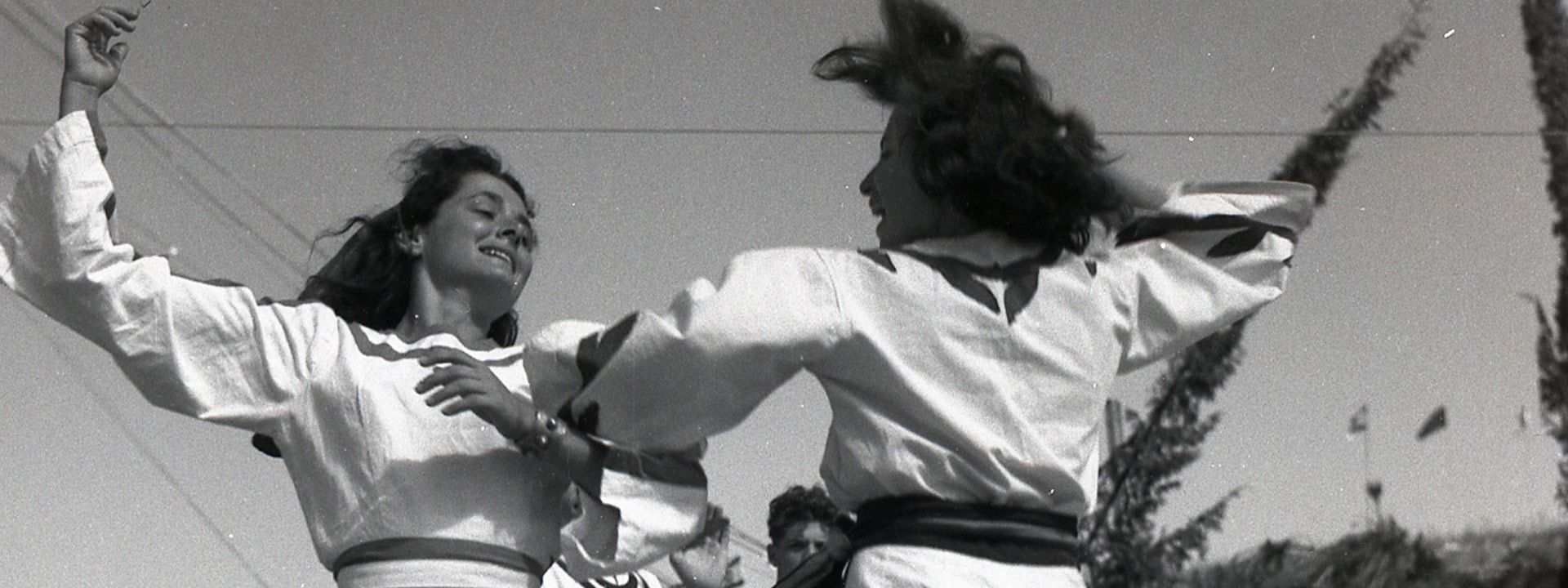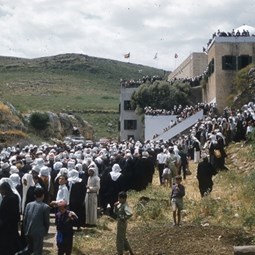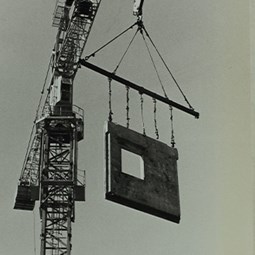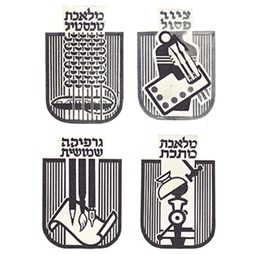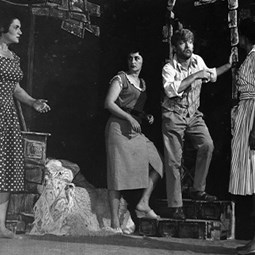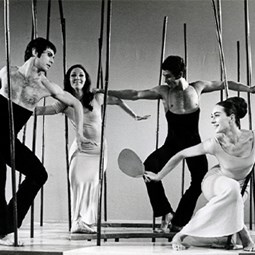Israel's culture and society are remarkably diverse, a factor that continuously generates processes of transformation and growth. Israeli society is comprised of numerous groups and subgroups, prompting cultural encounters between different sectors, including secular, ultra-Orthodox and national-religious communities, Jews and Arabs, as well as long-time residents and newly arrived immigrants, to name a few. This delicate blend creates a multicultural society rich in traditions and sources of inspiration as well as cultural and social experiences. However, the many differences are also cause for unavoidable discordance and friction, in addition to frequent and difficult societal dilemmas.
Due to the massive immigration waves during the first two decades of the state's existence, Israel promoted a "melting pot" approach to enhance social resilience, aiming for cultural unification and a shared Israeli identity. The policy later faced criticism, with claims that the culture of European-Jewish immigrants was prioritized at the expense of the culture and heritage of immigrants from other parts of the globe, particularly Jews who arrived from Islamic countries.
In recent decades, Israeli society has seen a growing ideological and practical recognition of the need for cultural tolerance. There has been a shift towards the objective of creating a common and diverse Israeli culture, taking into account all of Israel's communities and providing a platform for myriad voices emerging from all corners of society.
Cultural institutions and activity in Israeli society have persisted and flourished since the beginnings of Jewish settlement in the country. Over the years, the country's cultural landscape has been shaped by many different factors, including Jewish history, the history of the Land of Israel and its different peoples, demographic changes, the various ethnic groups within Israel, their respective religious and national identities, the geography of the region, neighboring countries, as well as shifting global trends in various fields.
Over time, the realms of architecture, theater, dance, design, and even food, have merged, transformed and flourished, while reflecting the many aspects and complexities of Israeli society. Each of these fields has substantively developed its own practices, some unique to Israel and some influenced by global developments, with major cultural figures and educational institutions emerging over the years, alongside a corpus of professional literature.
Israeli Culture and Society in the National Library of Israel's Collections
For many years, the National Library of Israel has been intensively engaged in documenting the many aspects of Israeli society and culture. The Library's Israel Collection preserves a wealth of material in numerous formats and content varieties– from "pashkevil" notices to academic studies – elements that relay the chronicles of modern Israeli culture and society, from the beginnings of Jewish settlement in the 19th century to the present.
One of the Library's significant endeavors is the "National Digital Collection: Architecture, Dance, Design and Theater". This project is aimed at preserving, documenting and digitizing materials, in order to provide the public with archival assets from the visual culture arenas and the realm of performing arts.
Collaborating with the Ministry of Jerusalem and Heritage and other cultural institutions, varied archival collections held by establishments and artists, are located and categorized. The selected materials undergo a process of preservation and digitization, thus creating a colossal content database that is accessible to the public, providing significant insight into Israel's society and cultural history. This exceptional database contains organizational and personal documents, photographs, postcards, art, books, posters, sketches, manuscripts, audiovisual materials, books and an abundance of other fascinating treasures.

 Sign in with Google
Sign in with Google
 Sign in with Facebook
Sign in with Facebook
